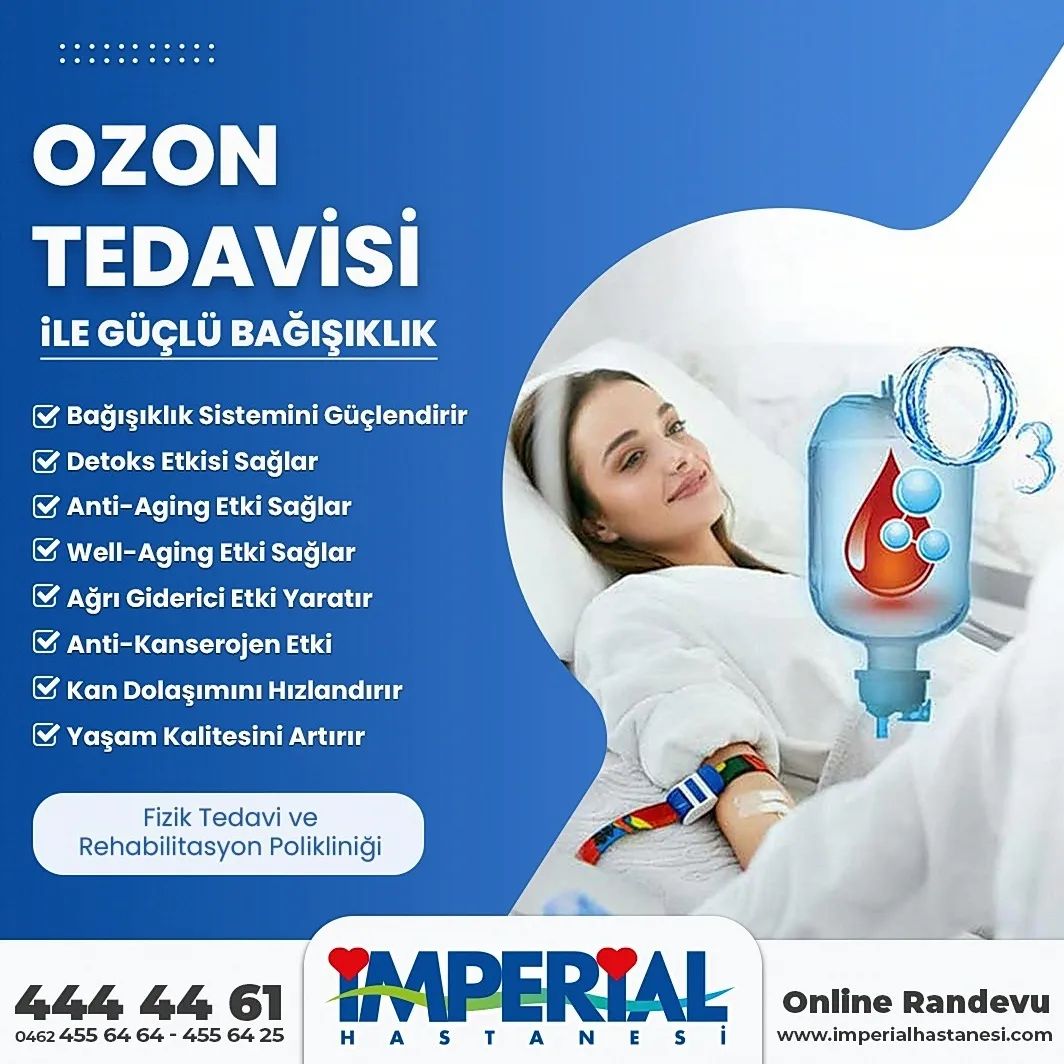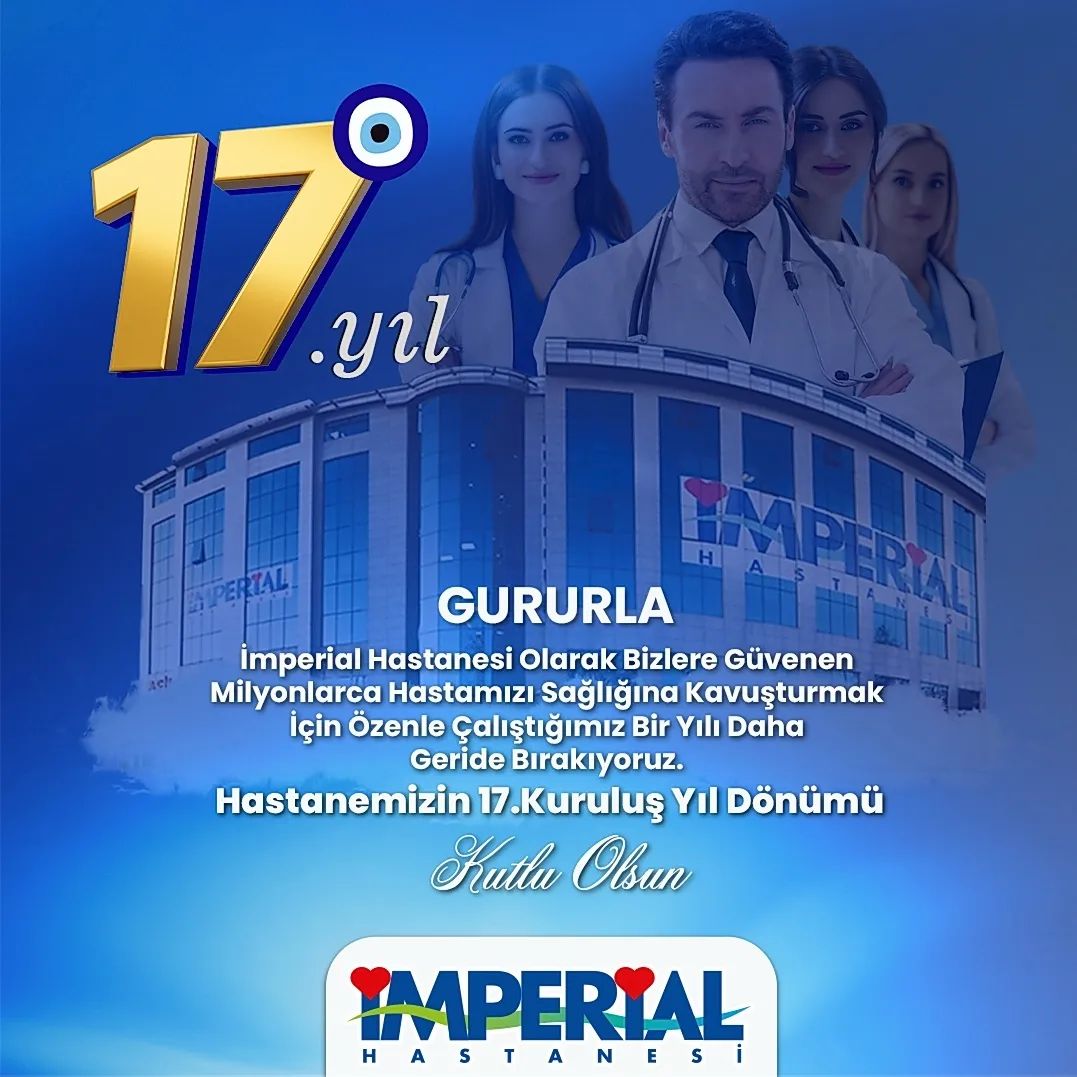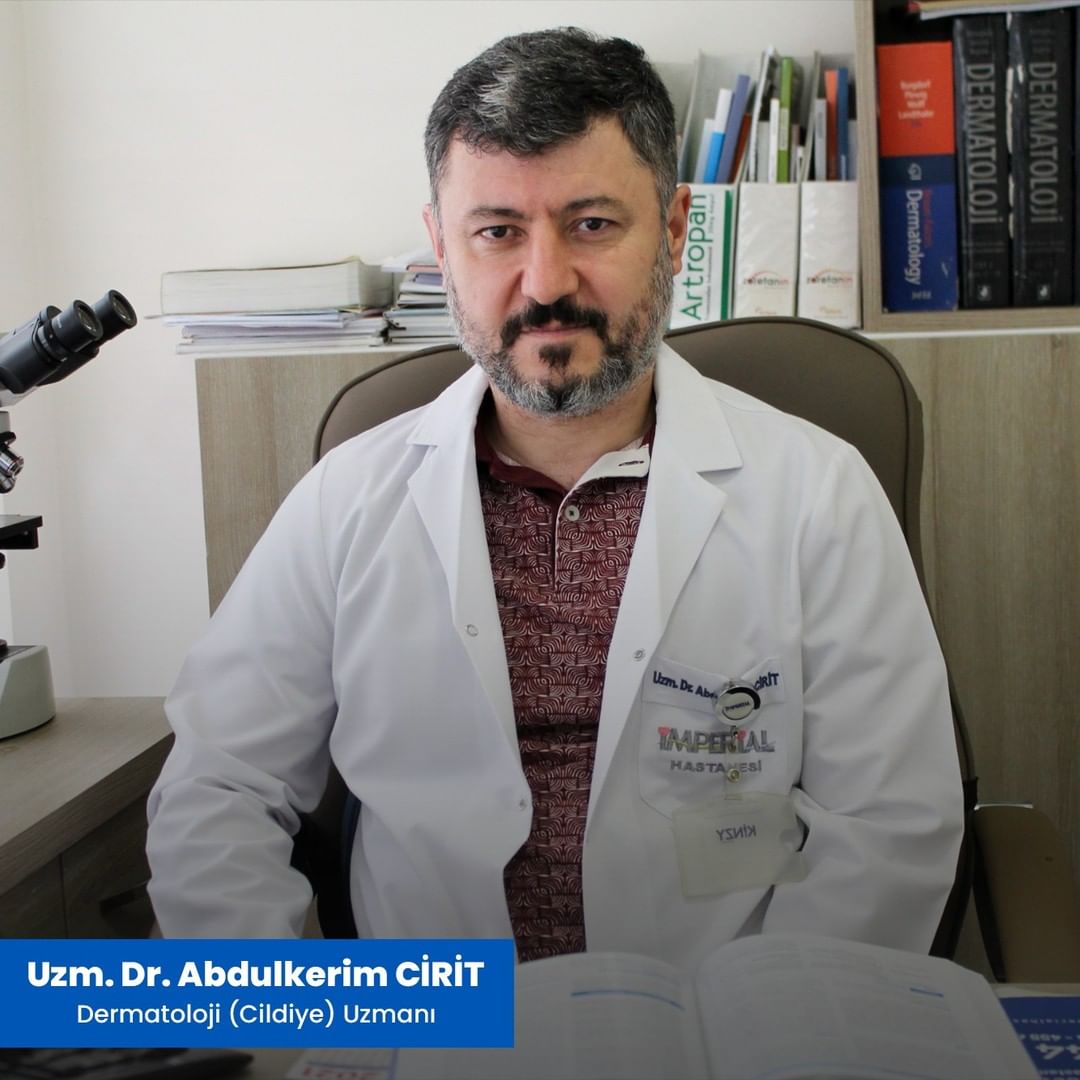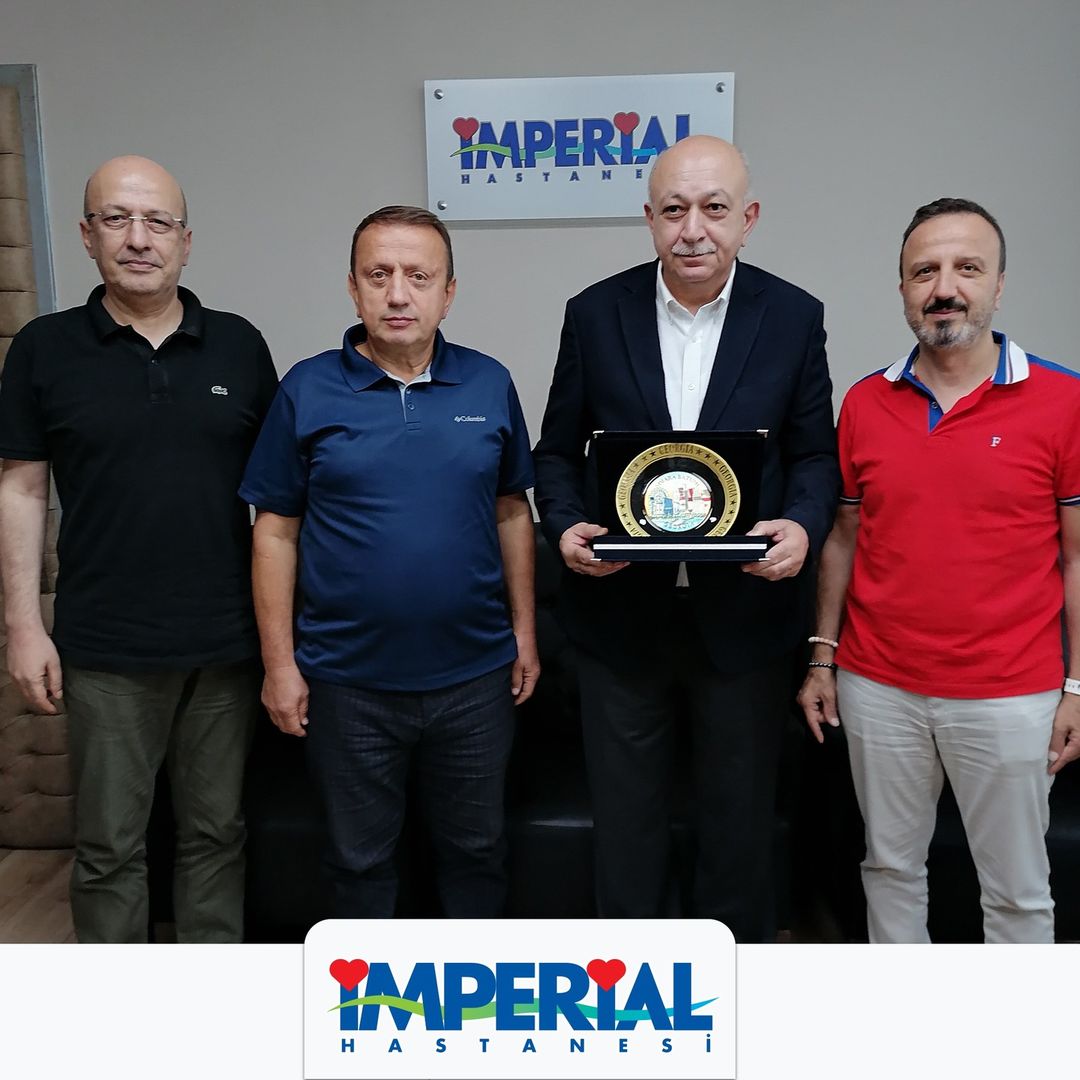Medical Oncology
Our Medical Oncology unit is provided by Prof. Dr. Fazıl AYDIN with his experience and knowledge. Cancer is an important health and life problem that is increasing in frequency in the world and in Turkey. It ranks second after cardiovascular diseases among life-threatening diseases. The most common cancers in our country are breast, thyroid, bowel, uterus and lung in women; and lung, prostate, bowel, bladder and stomach cancer in men. Diagnosis and treatment of cancer should be carried out in a multidisciplinary manner with the cooperation of many branches of expertise. Medical Oncology, one of these branches of expertise, deals with chemotherapy applications, which means the treatment of cancer with drugs. Chemotherapy is used to shrink the tumor before surgery or for preventive purposes afterwards, while it can also be preferred before, after or both together with radiotherapy, which is one of the local treatment methods. Chemotherapy is a special subject of specialization since it is performed with cytotoxic drugs. It is based on the principle that the drug treatment, which will be applied in effective doses, is also applied by controlling the side effects that may occur in the patient.
Treatment methods applied in the Medical Oncology department:
CHEMOTHERAPY
What is Chemotherapy?
Chemotherapy means treating the tumor with medication. It is a very important part of tumor treatment along with surgery and radiation therapy. Chemotherapy kills tumor cells or attempts are made to stop the growth of the tumor. Sometimes a single drug, sometimes several drugs are administered in various ways.
Who Applies Chemotherapy?
The branch of science that deals with chemotherapy is called "Medical Oncology" or "Medical Oncology", and the doctor working in this field is called "Medical Oncologist (Medical Oncologist)". Medical oncology is a separate branch of expertise; a medical oncologist is an internal medicine specialist who specializes in tumor treatment.
What is the Purpose of Chemotherapy Application?
Chemotherapy can be applied for various reasons, such as the type of tumor and the characteristics of the patient.
- To completely destroy the tumor and cure the patient,
- To prevent the spread of the tumor,
- To stop or slow down the growth of the tumor,
- To eliminate the symptoms caused by the tumor, chemotherapy is applied.
Although it is an effective treatment method, in some cases it may not completely destroy the tumor and only improve its symptoms and provide a comfortable life. In some tumors, chemotherapy is the only treatment method. In others, chemotherapy is applied consecutively or simultaneously with other treatments (surgery and radiotherapy). For example; chemotherapy can be applied before surgery to shrink the tumor and after surgery to prevent its spread.
How Long is the Frequency and Duration of Chemotherapy Application?
The duration and frequency of treatment depend on the chemotherapy scheme specifically selected for your disease and the patient's condition. The duration and frequency can be changed by the doctor according to the response obtained with the treatment and the side effects that occur. Although the most commonly used intervals are 3 or 4 weeks, there are also applications once a week or every two weeks in addition to some treatment schemes. The most important, even vital, point regarding the timing of chemotherapy is that the treatment is carried out as regularly as possible and on time as the side effects allow. When treatment intervals are unnecessarily extended, the tumor is at risk of recovering and becoming stronger by becoming resistant to the drugs. In this way, the tumor continues to grow and spread, and the chance of treatment success decreases. Patients should definitely not go beyond their doctor's recommendations regarding chemotherapy appointments.
Before stopping treatment for any reason, be sure to talk to your doctor, explain your problems and ask for help. Be sure to comply with the treatment days. Never change your treatment day on your own initiative because you do not feel well. Be sure to take the medications you have to use at home. Otherwise, facing treatment failures due to incomplete treatment may be a threat.
Our Related Physicians
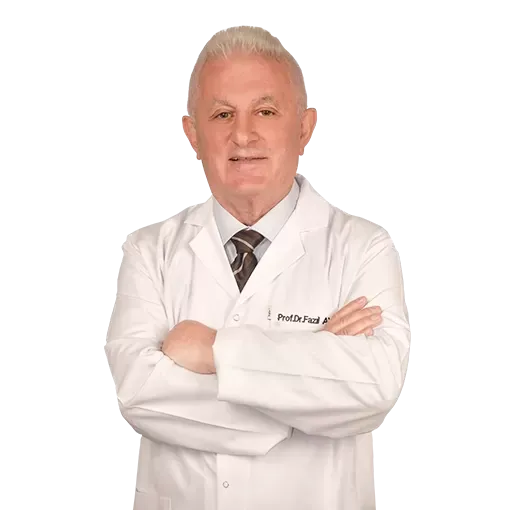
Prof. Dr. Fazıl AYDIN
Medical Oncology Specialist

